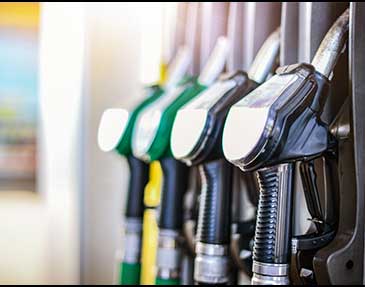It is not always possible for a haulage company to plan its work schedule ahead, so we need to be able to respond day by day to our customers’ needs.
Much of Ticks’ work is in collecting fresh food consignments from UK ports and delivering them quickly to our customers.
So the impact of any customs delays after Brexit is likely to be serious because if checks on consignments have to be carried out for every load, and this means waiting in queues then the supplies will be no longer fresh on delivery.
This is always assuming that the ports have the space and the extra manpower that will be needed to carry out the checks.
Then there is the issue of what to do about those “unaccompanied containers” which have been sealed and certificated at their origin and are then shipped across countries, loaded off trailers on one side of the Channel then onto a local haulier’s trailer on the other. This depends on all the countries through which the goods may have to pass accepting the same certification.
Registration of both trucks and drivers may also be affected, which may mean drivers not being to travel freely across borders.
However, these problems have all been well rehearsed by drivers, ports authorities and those bodies that represent the haulage industry, such as the RHA (Road Haulage Association) and the FTA (Freight Transport Association).
But is it possible there could be benefits for the Haulage Industry if it becomes more difficult to cross countries’ borders?
It may mean that European Haulage Companies will prefer not to send drivers all the way to the UK, resulting in increased business for UK-based hauliers picking up the goods and transporting them to their final destinations.
That may mean that there will be more job opportunities for UK citizens to join the haulage industry.
It may also mean that there will be fewer of the sometimes-huge continental trucks and trailers on UK roads, which may also bring improvements in traffic flows.
Obviously it is hard to predict what the consequences of Brexit will be without more detail on the final agreements, but given the expertise and responsiveness of the UK’s haulage industry and their ability to respond quickly to customer requirements, there may be more positive benefits than we are yet seeing discussed.


